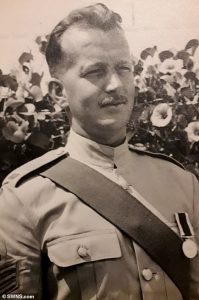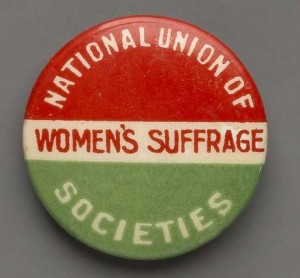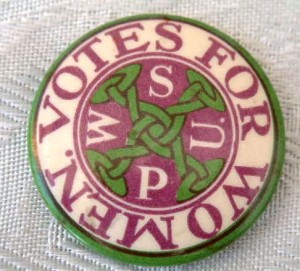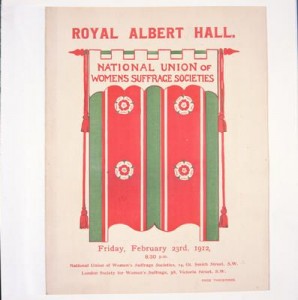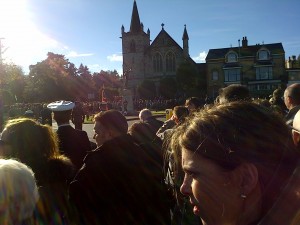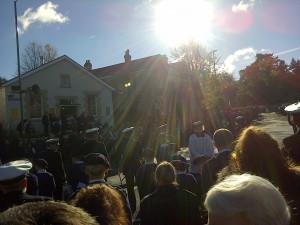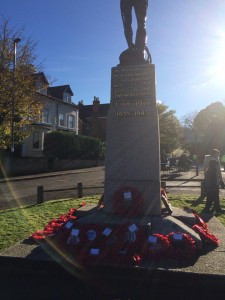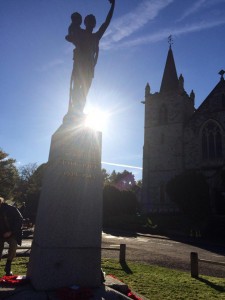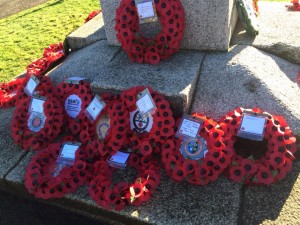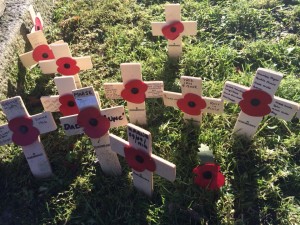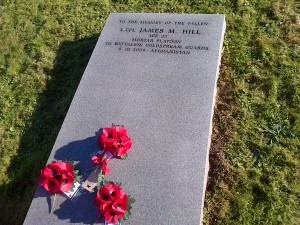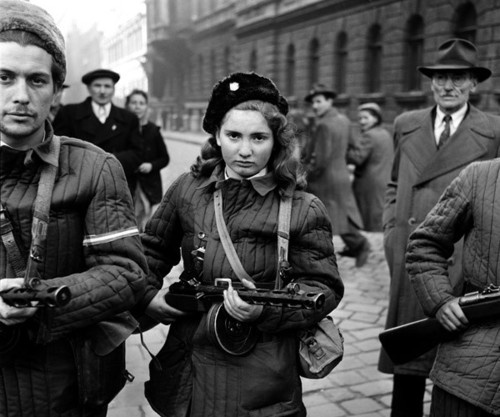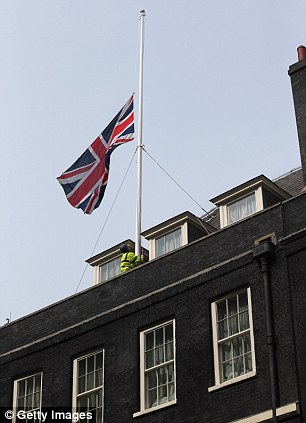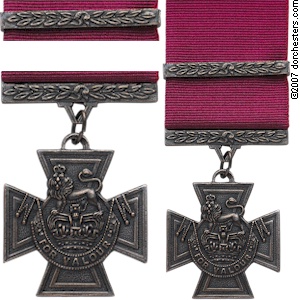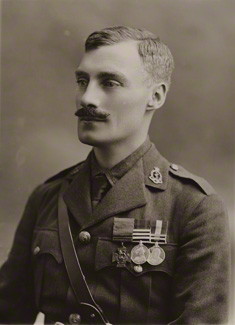Having seen Christopher Nolan’s “Dunkirk” I remembered that way back in my uni days in Leicester at the end of the 50s I had seen a film with the same title starring John Mills and Bernard Lee (actually it was made in 1958). I couldn’t recall much about it but fortunately it’s on Amazon Prime so a day or so later we watched it on Firestick.
Being nearly sixty years old, of course, some aspects of it are a tad dated. It’s in black and white, some of the scenes are obviously studio bound and the women are either cheerful cockneys or very middle class with cut glass accents. However, at 2 hrs 14 mins the director could take a broader brush approach and not only focus on the beaches (actually Camber Sands) but also set the scene by looking at the events which led up to the evacuation
The story was told through the eyes of three individuals. Bernard Lee (who later played M in the Bond films) was a cynical journalist, John Mills a resourceful army corporal and Richard Attenborough an English factory owner making a handsome living off the Army by manufacturing belt buckles.
Unlike the current film the 1958 production showed how during the period of the “phoney war” of the early months, when there was hardly any fighting most civilians felt disconnected from the war. Government and media were complacent and there was a feeling that, in Chamberlain’s fateful words “Hitler had missed the bus”. By the end of the film, as people flocked to welcome and help the soldiers successfully evacuated from Dunkirk the mood had changed. Many more in Britain felt part of the war.
The film also recognised the actions of the rearguard, those soldiers who were ordered to defend the perimeter to the last man and the last bullet in order to protect the men already on the beaches.
The first half of the film followed the civilians as they volunteered to take their small boats across to Dunkirk and John Mills leading his squad through the countryside to the beach. Thereafter the storyline was closer to the 2017 movie with some significant exceptions.
There was a small medical post in a bar by the front staffed by a handful of doctors and orderlies trying their best to cope under extreme pressure. Eventually the chief is sent orders to evacuate the walking wounded to the ships but to leave the most serious cases to await the German forces. Three volunteers are requested to stay behind with the patients and inevitably face being taken as POWs. They decide to draw lots and one of the three to draw the short straw, when asked his name straw gives a very common Jewish name. Nothing is said but the look on his face conveys a solemn message. If the film had been rooted in the First World War there would have no concern at being a Jewish POW. The 2017 production skirted such issues about the Germans… they were just a faceless “enemy” with no hint of darker forces.
In 1958 the film picked up on a moment when a simple service was held on the beach. Most soldiers of that time were not particularly religious but closeness to danger and death often makes men more conscious of their mortality and the scene showed many of the troops kneeling for the Lord’s Prayer. Maybe by 2017 the film makers felt uncomfortable with the notion of men kneeling in prayer….
We also know that on the beaches at the time there was a feeling that the Luftwaffe appeared to be having a free hand in the skies over Dunkirk without much opposition. In fact the RAF was working very hard further inland to deter enemy planes at quite considerable cost. Bur this didn’t stop many of the soldiers feeling angry that the “Brylcreem Boys” of the RAF had let them down. This was picked up in 1958 when John Mills had to step in when a RAF driver who had got them to the beach was threatened by other soldiers. By 2017 this had been airbrushed out.
But the most glaring omission in the recent movie was something picked up in the original film where, sat on the beach, John Mills describes the whole business as a mess and ask how on earth the Germans had managed to drive Britain to the very edge of defeat in such a short time. Bernard Lee blames it firmly on the “never again” reaction to the bloodshed and suffering of the ’14-’18 war. This had encouraged an ostrich like attitude to the rise of Nazi Germany. Lee said, laconically, that Germany had chosen guns before butter while British politicians and the public had chosen the other way around.
How could any film made in 2017, in the midst of the continuous hand-wringing built into the commemoration of the First World War, dare to even suggest that it was the motif of “never again” that had led to the slaughter of even more millions during WW2?
The 1958 “Dunkirk” came from another country. Almost every adult involved with the film would have been impacted by the 1940 evacuation. Many would have actually had experienced WW2 as soldiers or civilians. Even younger folk like myself would have had memories of family in uniform and stories about the Blitz. But now there is very little connection with those experiences at first hand.
Both films have their strengths and weaknesses. Both are, on balance, artistically sound. But both are also of their moment – and if you want to get closer to how people felt at the time then “Dunkirk” 1958 wins hands down.
